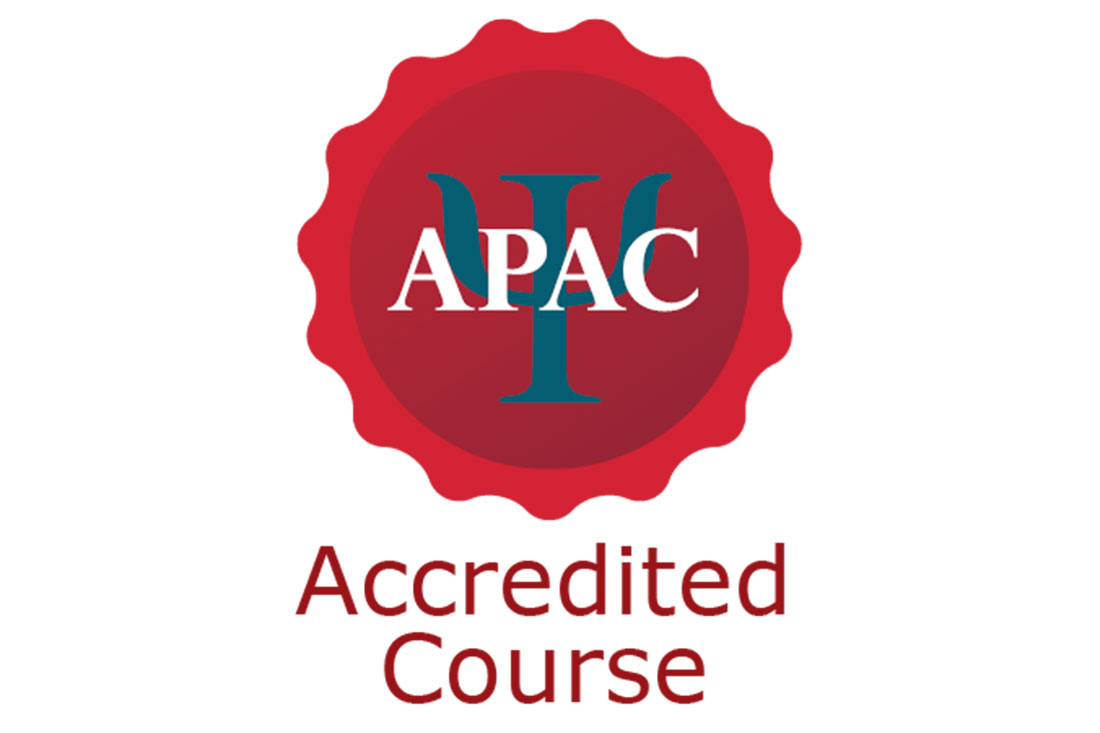Careers and outcomes
You will have the unique ability to apply psychological principles to the field of justice. With an understanding of the most recent theory and practice of social justice, and skills in social, developmental, cognitive and abnormal psychology, you will have a pathway to careers in public policy development, criminal justice institutions such as police, security and intelligence agencies, corrections, rehabilitation services, and family services.
Justice offers extensive career paths in areas that make a real difference in our community. Career pathways include policing, customs, community outreach, forensic investigation, mediation, outreach programs, social work, intelligence, defence, insurance and banking investigation, youth justice, Indigenous justice, community legal services, and policy and adviser roles within a range of state and federal government departments.
Past graduates have developed successful careers in state and federal law enforcement, correctional services, private security, defence services, foreign aid programs, customs, Australian Security Intelligence Organisation and Scotland Yard, and have worked on social and justice policies for government and non-government organisations. Others have become criminologists, contributed to women’s, youth and children’s advocacy, or worked in the areas of human rights and antidiscrimination.
Careers and outcomes
You will have the unique ability to apply psychological principles to the field of justice. With an understanding of the most recent theory and practice of social justice, and skills in social, developmental, cognitive and abnormal psychology, you will have a pathway to careers in public policy development, criminal justice institutions such as police, security and intelligence agencies, corrections, rehabilitation services, and family services.
Justice offers extensive career paths in areas that make a real difference in our community. Career pathways include policing, customs, community outreach, forensic investigation, mediation, outreach programs, social work, intelligence, defence, insurance and banking investigation, youth justice, Indigenous justice, community legal services, and policy and adviser roles within a range of state and federal government departments.
Past graduates have developed successful careers in state and federal law enforcement, correctional services, private security, defence services, foreign aid programs, and customs, and have worked on social and justice policies for government and non-government organisations. Others have become criminologists, contributed to women’s, youth and children’s advocacy, or worked in the areas of human rights and antidiscrimination.
Professional recognition
The Bachelor of Behavioural Science (Psychology) is accredited by the Australian Psychology Accreditation Council (APAC). To pursue a career in a professional area of psychology, you will need to undertake further study to gain registration with the Psychology Board of Australia.
Possible careers
- Case manager
- Change manager
- Child and family counsellor
- Child protection officer
- Clinical psychologist
- Community corrections officer
- Community worker
- Corrective services officer
- Counsellor
- Criminologist
- Customs officer
- Developmental psychologist
- Face to face counsellor
- Family services officer
- Forensic psychologist
- Guidance officer
- Health psychologist
- Police officer (australian federal)
- Police officer (state)
- Policy analyst
- Policy officer
- Psychologist
- Public health officer
- School counsellor
- School psychologist
- Youth worker








